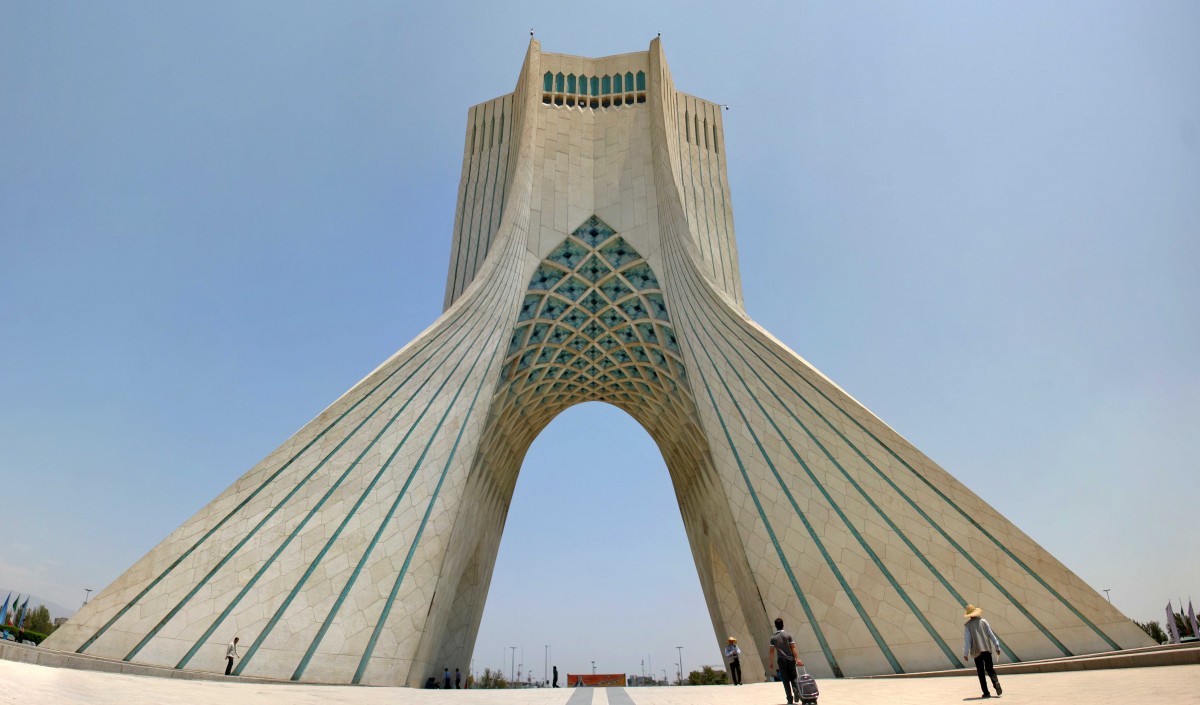 Christiaan Triebert on The Commons / Flickr
Christiaan Triebert on The Commons / Flickr
Iran’s Dichotomy: Balancing the JCPOA Amongst Growing Animosity
Last week, Reuters issued a report stating that a recent scuffle at sea between the U.S. Navy and the Iranian Revolutionary Guard Corps (IRGC) was the fourth incident in less than a month’s time and the thirty second in the past year. This number through August is almost double that of the previous year, and this leads many to question the success and purpose of the Joint Comprehensive Plan of Action (JCPOA), which caused many to assume the U.S. and Iran would experience a slow easing of tensions.
While these incidents do reflect growing animosity between the U.S. and Iran, there is no direct relationship between these incidents and the security, or success, of the Joint Comprehensive Plan of Action (JCPOA). Instead, these events are significant because they reflect Iran’s internal political debate over the JCPOA and the sensitivity of the Iranian government to being viewed as a regional hegemon.
From the perspective of many Iranian politicians, the JCPOA was a necessary step towards combating Iran’s economic troubles.
Economic Motivators for Accepting the JCPOA
- Possibility of combating high inflation levels.
- Reversal of relative market isolation, expanding into the EU and U.S.
- The prospect of further market diversification, and reversal of Dutch Syndrome.
- Reversing market inefficiencies deriving from a partially planned economy.
Yet heated debate over the effects of the JCPOA exists in Iran’s pluralistic political sphere, and the results of this dichotomy between supporting the deal and rejecting its consequences is the main contributor to heightening maritime tensions.
Political Turbulence Resulting from Accepting the JCPOA
- The JCPOA’s apparent contradiction of Iran’s classical revolutionary rhetoric, particularly the threat of ‘Westoxification.’
- The negative economic impact the JCPOA will have on the economic elite and the IRGC, which has solidified a monopoly over much of the the Iranian economy, by reintegrating into the global economy.
Regional Dynamics threatened by the JCPOA
- The possibility that Iran will appear less powerful in the region with the setback to its nuclear weapons program.
- The negative impact that cooperating with Western powers, and their success in limiting Iran’s nuclear program, will have on Iran’s regional perception of Iran.
Iran’s lashing out through maritime scuffles with the U.S. Navy is designed to promote the image of Iranian defiance and strength in the region, bolstered by the knowledge that the deal itself is not threatened by these relatively minor occurrences.
While the response of the U.S. Department of State have been relatively mild, the U.S. Navy, which is directly engaging with the Iranian Revolutionary Guard Corps during these incidents, calls for negotiated rules of behavior at sea between the two states. Codes of engagement exist between the U.S. and states such as Russia and China, where historically relations have been tense. Without these rules, Admiral John Richardson, current Chief of Naval Operations, argues that these incidents are “destabilizing” and that as the number of incidents increase “human error can play a bigger and bigger role,” potentially leading to unintentional, but direct confrontation.





